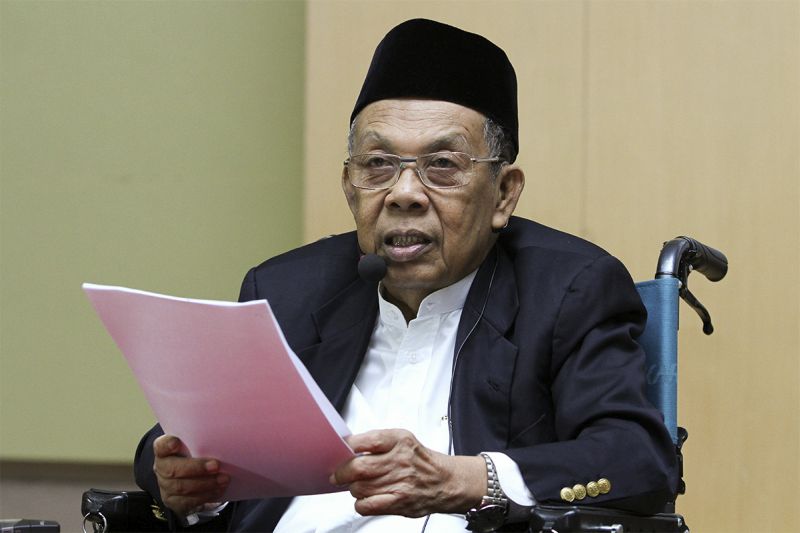KUALA LUMPUR, Aug 2 — The country’s judiciary needs no reform as there has allegedly never been any form of third-party intervention including from political leaders, former chief justice Tun Abdul Hamid Mohamad said today.
Utusan Malaysia reported him saying that in his 39-year career, there has been no political leader, including two-time former prime minister Tun Dr Mahathir Mohamad, who has intervened or ordered judges to make certain decisions.
Abdul Hamid said that this therefore puts to rest accusations that the country’s judiciary is “unclean” and that there have been outside intervention.
“If there are leaders including Prime Minister Tan Sri Muhyiddin Yassin who intervened, it is an insult...
“In the 39 years of my career, I have never received a phone call or a note. In fact, no one approached me to direct, ask or imagine how I should make a decision,” he was quoted saying.
Abdul Hamid was responding to academic Prof Haim Hilman, who had among others, reportedly stated that the court’s decision against former prime minister Datuk Seri Najib Razak, was a manifestation of efforts to clean up the country’s judiciary.
Najib, who is also Pekan MP, was convicted and found guilty of all seven charges of misappropriating RM42 million from SRC International Sdn Bhd by the High Court.
The trial, which started two years ago, also sees the charges carry hefty fines and jail terms of up to 20 years.
Najib has consistently denied the charges and claimed the money was a donation by a foreign monarch. He also pledged to appeal to Malaysia’s Federal Court.
High Court judge Mohd Nazlan Mohd Ghazali, in reading out his two-hour-long judgement at the High Court, ruled that there was no evidence that Saudi Arabia’s late King Abdullah had ever stated any intention to provide monetary assistance to Najib or Malaysia when both state leaders met in 2010.
Meanwhile, Abdul Hamid said he also did not agree when several former prime ministers who had set aside more experienced judges.
“The act shows that there is a motive that should not be the basis of the selection,” he said.




















